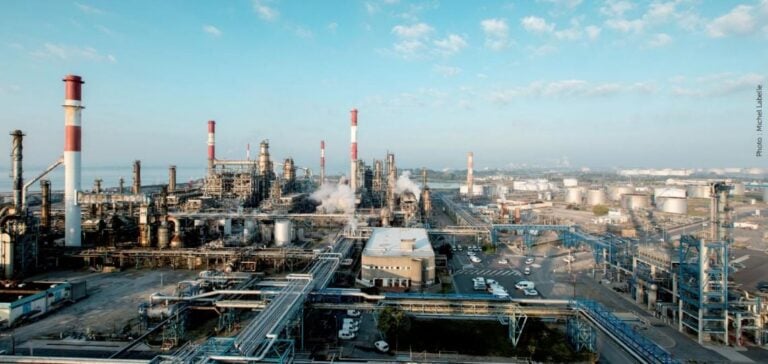Major refineries in Russia and Kazakhstan are currently completing scheduled maintenance, an event likely to shift supply flows of refined products in Eurasia. In Russia, refineries are set to gradually restart their units by mid-November, while some installations in Kazakhstan, such as the Atyrau refinery, have already resumed most of their units. These restarts are expected to have a direct impact on the availability of refined products, particularly gasoline and diesel, in the region.
However, in Russia, the refining industry faces specific restrictions. Despite the resumption of operations, the Russian government is maintaining its temporary ban on gasoline exports, imposed to stabilize the domestic market. Initially slated for review in November, this ban is expected to extend through the end of the year, thus limiting Euro 5 gasoline exports. This situation creates additional pressure on the retail sector, with risks of price increases if this restriction is lifted prematurely.
Exemptions and Export Consequences
Certain Russian gasoline exports remain authorized to neighboring countries under intergovernmental agreements. These exports mainly involve fuels that do not meet Euro 5 standards, allowing circumvention of the ban for certain types of products. Maritime shipments of Russian gasoline destined for the Mediterranean and North Africa have also been reported, although volumes remain limited compared to exports prior to the ban.
Security Risks and Recent Incidents
Meanwhile, incidents have disrupted operations at some facilities. In late October, a refinery in Ufa, Russia, was targeted by a drone attack, causing minor damage but highlighting growing security risks around energy infrastructure. In Azerbaijan, a fire in the coking unit at the Heydar Aliyev refinery was quickly extinguished, underscoring local authorities’ ability to respond effectively to industrial risks.
Innovation and Strategic Partnerships
Kazakhstan continues to modernize its energy sector through international partnerships. KazMunayGas, a major Kazakh energy player, recently partnered with the French company Axens to explore sustainable aviation fuel production. This project aims to attract investment, introduce advanced technologies, and reduce the environmental footprint of Kazakhstan’s refining industry.
With the gradual resumption of refining activities in Russia and Kazakhstan, combined with restrictions on Russian exports, the Eurasian energy market enters a complex transition phase. The coming months will be crucial for assessing the impact of these factors on fuel prices and supply, both domestically and internationally.





















